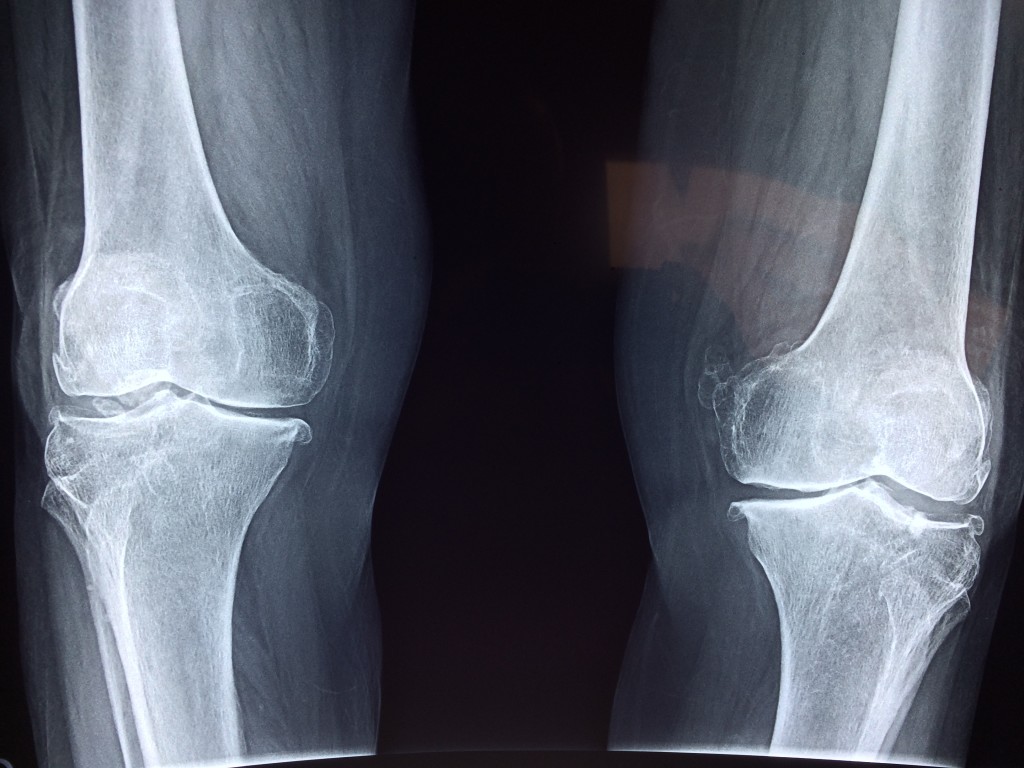A large study undertaken by The IPG has revealed that a staggering 75% of working plumbers experience issues with their knees.
Although this is a very high percentage, only 41% of sufferers have approached their general practitioner. The group of consisted of plumbers, heating and bathroom specialists. But why is this happening?
The Rise of ‘Plumbers Knee’
Of those surveyed, 57% felt that they would eventually need knee replacement surgery. Not a surprise when you find that the average UK plumber works an average of 47 hours a week. 59% of participants even felt that they would be forced into early retirement. This is consistent with the data, showing that those who worked over 30+ years has significantly worse knees. It’s not through lack of trying either, as 77% of those who wore knee pads still experienced ongoing issues. Additionally, 66% have gone on to have physiotherapy or an operation on the joint. Below are just 2 examples of knee deterioration…
Case Study 1 – Nerve Damage
Andy Hope, of A.S. Hope, has been working in the sector for 12 years. At the age of 31, he had started to feel sore in his knees. After a trip to the doctor he was signed off for one week with nerve damage. Due to his inability to work, the company lost almost £2,000. “It was very painful, I didn’t realise that the line of work I do could have such an effect on my physical health”.
Case Study 2 – Bursitis
Daniel Francis, from West Sussex, had also been working within the industry for 12 years. He started to notice a lump on one of his knees, so visited his GP. The doctor was stunned to see one of the worst cases of bursitis they had ever seen. Although he was given a large dose of antibiotics, Daniel was still in danger of developing sepsis. He was advised to take 3 weeks off work, but was forced to go back to work after only 2. It took a further 6 weeks for the wound to fully heal. “The pain was excruciating. I couldn’t put any weight on my affected leg and no number of painkillers were helping. One day the bursitis burst and left a massive gaping cavity in my knee.”
What Should Plumbers Do?
If you work in this environment, you need to be aware of the risks. You also need to make sure that you are taking regular breaks off of your joints and seeing your GP once a month for check-ups. If you have a plumber in your home, make sure they take breaks. Also ensure that they are using protection for their knees – if they are not, offer them a solution (such as a cushion). Our plumbers in Suffolk are well aware of this issue and take the necessary steps to ensure that they are in top condition in order to deliver the best service possible. If you want to see our workers in action, book yourself in! We offer central heating solutions, boiler installation, bathroom fitting and plumbing services.











20 Views 1492 Comments